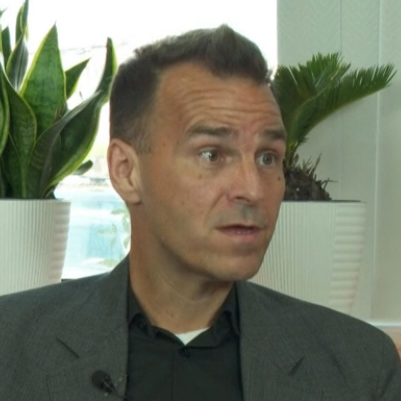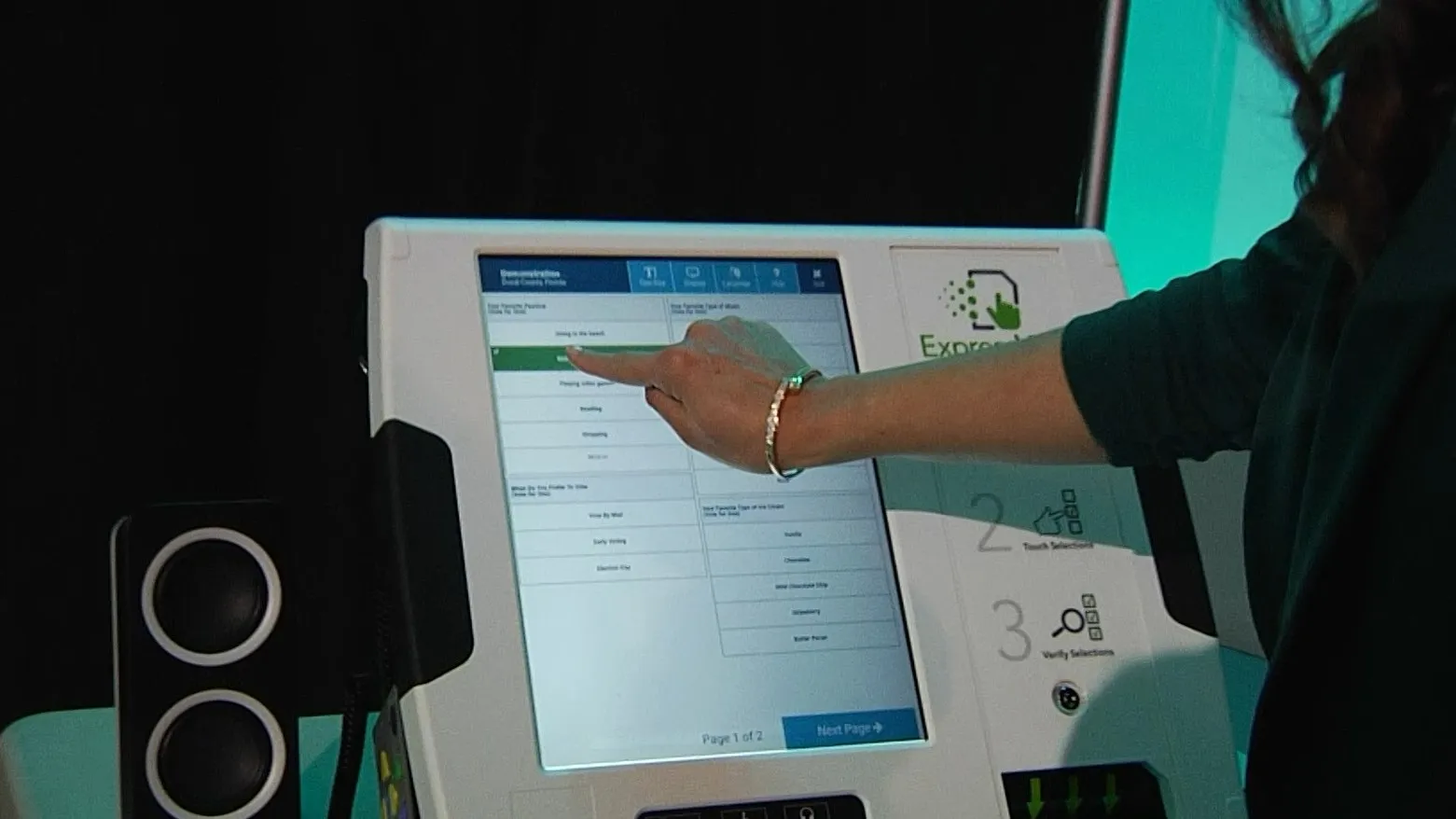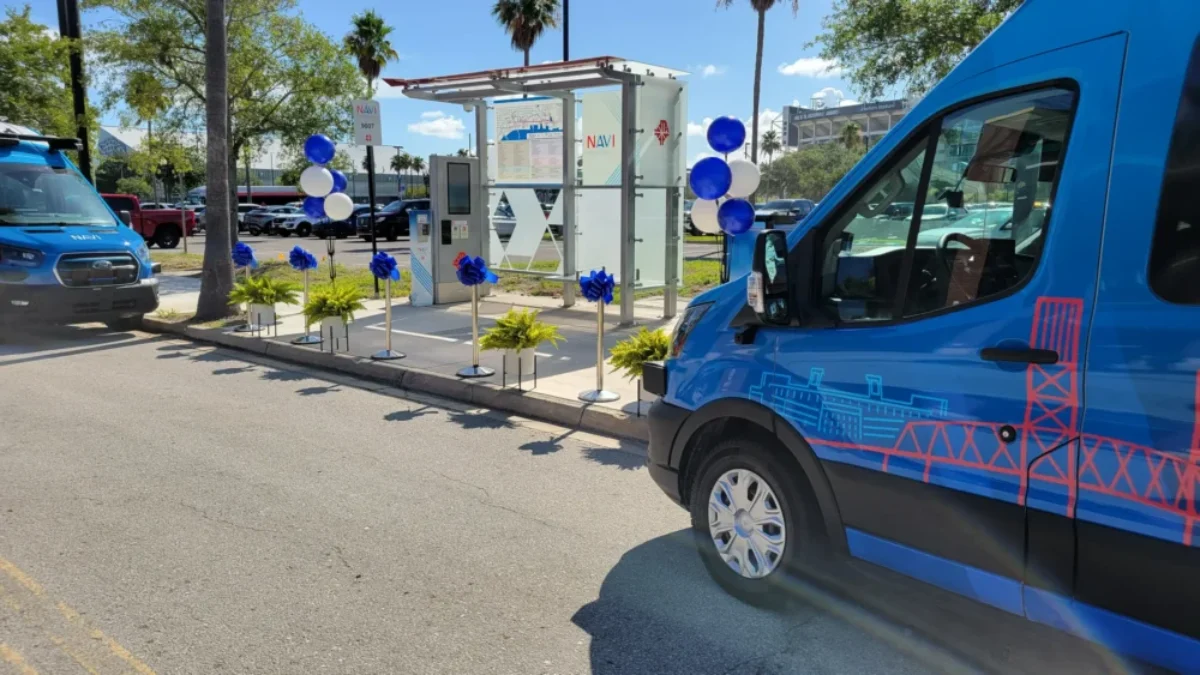
There’s something off about off-year Duval elections, like those Jacksonville has for countywide offices.
But don’t take my word for it.
Voter participation, or lack thereof, tells the story better than I can.
In 2023, which was a competitive election according to most metrics at the time, roughly ⅓ of registered voters cast ballots in May, when the binary choice was between Democrat Donna Deegan and Republican Daniel Davis.
2019’s choice was made in March, since there was no Democrat on the ballot – that was the year Republican Anna Brosche ran as the Lenny Curry alternative.
Not even ¼ of registered voters bothered.
2015 offered another competitive choice: Democratic incumbent Alvin Brown was still popular with voters, but Republican Curry took the win.
Turnout was more robust that year, at 37%.
If we want to count 2011 as a modern election at this point, that was another 37% year.
These numbers tell a consistent story.
When it comes to deciding who the next “strong mayor” is, most voters either think the choices are too weak to bother with, or aren’t fully aware an election is even happening – which sounds wild to those who have been here for a while, but seems to apply to more recent transplants.
This demonstrated voter apathy isn’t for lack of trying from the candidates. It’s easy to critique those who lost in a given year and say they could have done this or that to juice turnout, but the money in these campaigns, particularly in 2015 and 2023, was significant.
At least $11 million was burned two years ago by the candidates who made the runoff. Almost as much was spent in 2015, in dollars worth much more than today’s debauched currency.
With this in mind, let’s look at a plan actually being considered by the City Council to move the March election.
The legislation (2025-765) would change the “first election” in March 2027 to March 9, the 10th Tuesday of the election year, instead of the 12th Tuesday, March 23.
The reason?
As it stands, “due to staffing, resources and time restraints, the Supervisor of Elections will be unable to have the next Second Election ballot prepared by the April 3, 2027, deadline to mail UOCAVA absentee ballots because the next First Election official returns will not be certified until the April 5, 2027, deadline.”
This is a technical change, sure.
But it suggests that the arguments for elections at a time when no other ones are being held ultimately are hollow.
The cycle can be changed.
And voters not tuning in to the local elections in recent history suggest that they should, if the goal is an actually representative government rather than having decisions be driven by supervoters who skew older and aren’t really plugged in to what younger generations may want or need – but aren’t getting.
To be sure, arguments against moving the elections have some validity.
If local elections were moved to the gubernatorial cycle, ad buys on local television may be more expensive. And it may inconvenience certain political consultants who parachute in for big paydays between working for statewide and national candidates.
And theoretically, local issues may get less of an airing … though for those who remember 2023’s “election about nothing” as my old friend Chris Hand described it, it’s hard to imagine it could get any worse.
Moving the date would facilitate greater awareness of the elections happening, with less tuned-in voters engaging with local issues. And for those who care about party politics, it would allow for more symmetry between Jacksonville candidates and the larger ticket. (It’s fun to pretend that there are no Republicans or Democrats in local elections, but that illusion only survives if one doesn’t look at the aggressively gerrymandered City Council or ignores the fact that Mayors Deegan and Curry definitely function as part of their larger political parties.)
Administrative costs would also be reduced if the election date were moved. There would be no need to open polling places during stretches of time in March and May. No need to send out ballots ignored by a supermajority of local residents.
It’s clearly too late to do anything ahead of the 2027 election. But as the city heads into the next decade, it might be time to move the calendar ahead on the election after that and engage a mass of voters that historically don’t engage in the choices most relevant to them – the ones in their hometown.







